Polyamory: The practice of, or desire for, intimate relationships with more than one partner at one time, with the consent of all partners involved. Often referred to as consensual “non-monogamy”.
The assumptions based on polyamory could be damaging to the reputation of the lifestyle. Christian Klesse, a researcher of polyamory and cultural sociology at Manchester Metropolitan University explains.
“Non-monogamous people are often considered to be promiscuous as a negative ascription.”
An online poll, showed 79% of 18-22 year-olds, would not consider a polyamorous relationship.
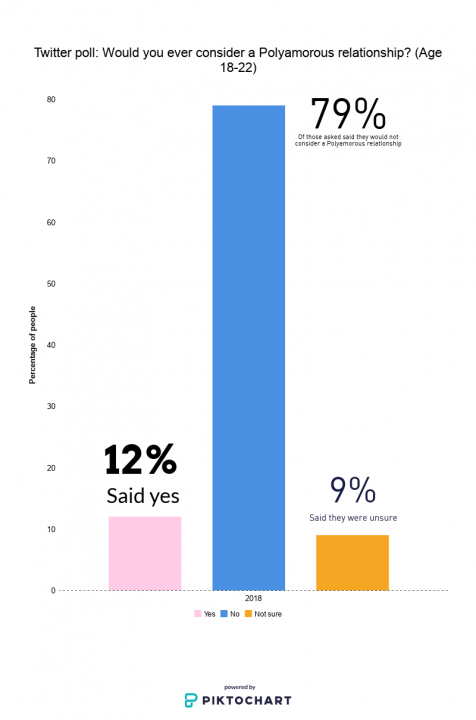 Another online poll showed 71% of the older generation aged 40+ would not consider a polyamorous relationship.
Another online poll showed 71% of the older generation aged 40+ would not consider a polyamorous relationship.
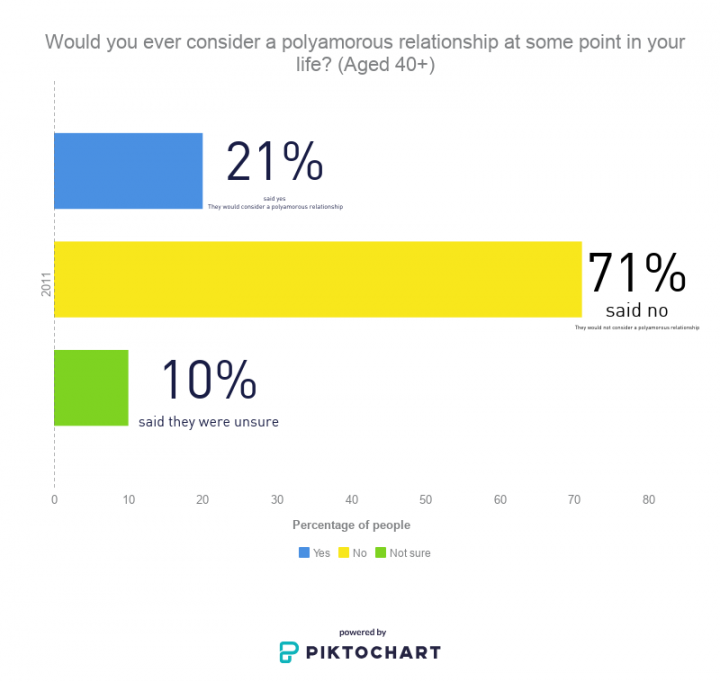
Mark Thomas, 38
“For me, no two people are built the same and people’s needs in this day and age take many different forms”
Mark is in a relationship with three individuals. His response to this assumption:
“If someone were to see the day to day, genuine nature of a polyamorous relationship, it is the opposite of promiscuous despite allowing the self-expression of sexuality to be met.”
What are the differences between an open relationship and a polyamorous relationship?
Mark admits the lines are blurred but highlights the main distinction.
“It’s not that different. In a polyamorous relationship, there is a bigger emphasis on the emotional and mental attachment. Being in an open relationship has a more physical based dynamic.”
For Mark, Polyamory guarantees optimum emotional fulfillment.
“while sometimes one partner can tick every box, adding an additional partner can ensure this. I am able to rely on more than one person for physical touch and strength, self-expression and emotional support.
The relationship depth is based on mutual respect for one another.”
For me, no two people are built the same and people’s needs in this day and age take many different forms”
Within polyamorous communities, there is a great deal of debate of when polyamory begins says Christian.
“The debate is whether polyamory is a chosen identity or disposition people start to develop as they go through life which has shaped their psychic structure or personality.”
“I don’t think I was destined for just one partner, given my mindset, beliefs, and interpretation of day to day relationships. I think poly was a natural evolution for me after some trial and error and exploring my own sexuality.” Mark added.
Derica Brown, 41
Derica is the founder of Facebook group Polyamorous Freedom to Love and is in a relationship with three people and has two more potential partners.
Like many other polyamorists, Derica feels she has an innate capacity for multiple partners.
“For me, it wasn’t really a decision, I feel like I was born this way.
Even as a small child I did not understand relationships where it was just two people. I was always that kid fighting about one-way relationships.”
Polyamorous relationships and raising children
“But even then, I felt like I was dying on the inside, I never felt fulfilled. I felt like someone turned the light off inside me. I’m just not monogamous, it’s not how I’m wired, it’s not how I was made.”
Christian, explains, “There’s often harsh negative attitudes towards mothers who are non-monogamous because of the assumption that complex parenting can harm the children.”
Derica was faced with a dilemma when she felt she had to neglect her own tendencies in order to do what she felt was best for her child.
“At times, I decided to prioritise one relationship and I didn’t see my other partners.
I took time out so I could be temporarily monogamous with one partner, like when I was pregnant – I thought it was the best thing to do.”
But even then, I felt like I was dying on the inside, I never felt fulfilled. I felt like someone turned the light off inside me. I’m just not monogamous, it’s not how I’m wired, it’s not how I was made.”
A group of polyamorous people is often referred to as a “poly family”.
Derica’s grandparents and their partners demonstrate the term “family” for polyamorous relationships: “My grandparents were polyamorous, at one point, they stopped living together and were living with other partners but they were still in a relationship.
but I didn’t really know that was non – monogamy, I just thought they were other aunts and uncles.”
Love and hate, two words which if combined, create jealousy.
How do people with multiple partners deal with this unwanted emotion?
“Usually, most jealousy revolves around the idea that the other person might want to stop seeing you because they find something better.
I’m not looking for the next best thing to then replace my current partner. That’s not how it works with me.” Derica added.
Shock and Mina, 38
“Being poly is just as difficult as any other relationship.”
For Shock and Mina who are in their late 30’s, Polyamory began 15 years ago when the couple entered marriage under the condition that they would have a non-monogamous relationship.
Mina and Shock have had to overcome jealousy as an obstacle. “My wife gets a little jealous from time to time. When we first started bringing in a third she would get jealous.
Then I realised if she chose the third person and she loves them then she would want to have them around.”
Often, the differences between monogamy and polyamory are exaggerated. One consistent issue for all types of dating is the danger of searching for a partner online.
“Our biggest problem has been meeting women online. We get cat-fished a lot by girls using older photos of themselves. Then when the time comes to meet us they bail.”
40 – 50 percent of marriages in the UK and the USA end in divorce. Around half of these are expected to occur within the first 10 years of marriage. Statistics suggest that couples are most vulnerable to divorce around the 7-year mark. Which is why it is sometimes referred to as the seven-year itch.
In Shock’s opinion, Polyamorous relationships could be one way of preventing infidelity related break-ups. “One of the main reasons people break up is cheating. If you eliminate that word then relationships last longer. There’s no cheating if it’s already agreed that you can have another lover.”
But, being poly is just as difficult as any other relationship.”
More from this project:

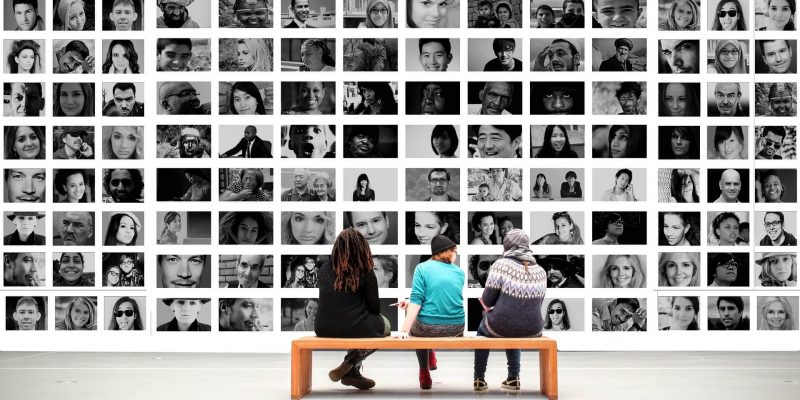
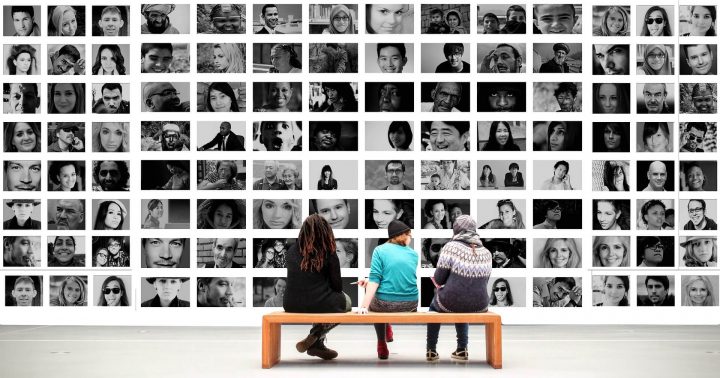
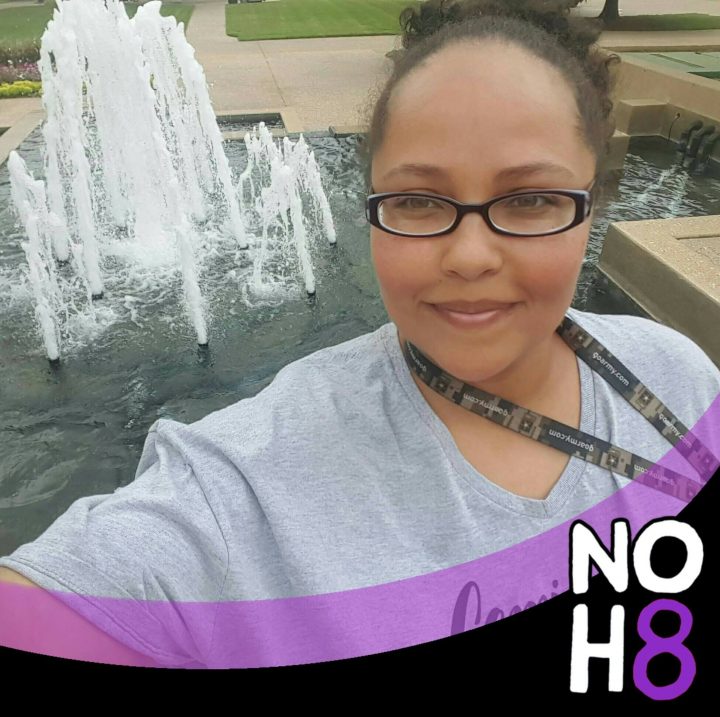
 Howe: Salah opener changed the game
Howe: Salah opener changed the game